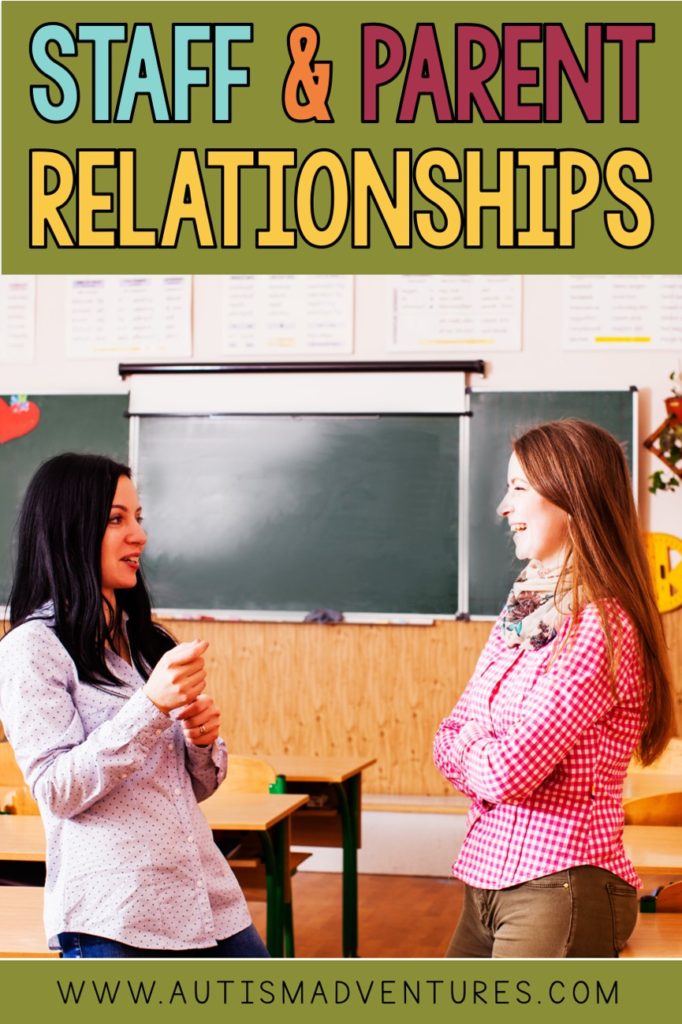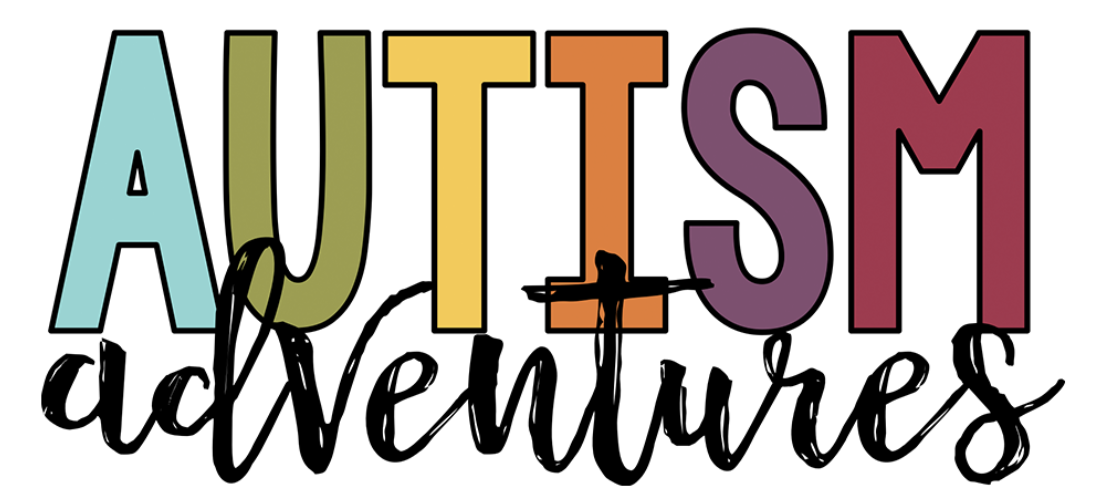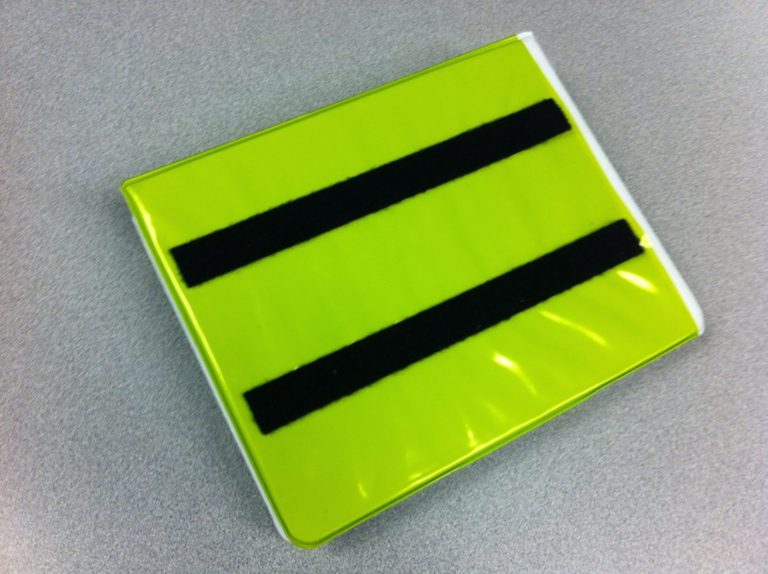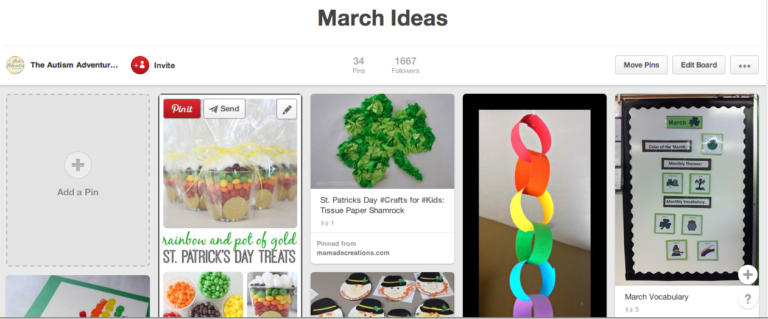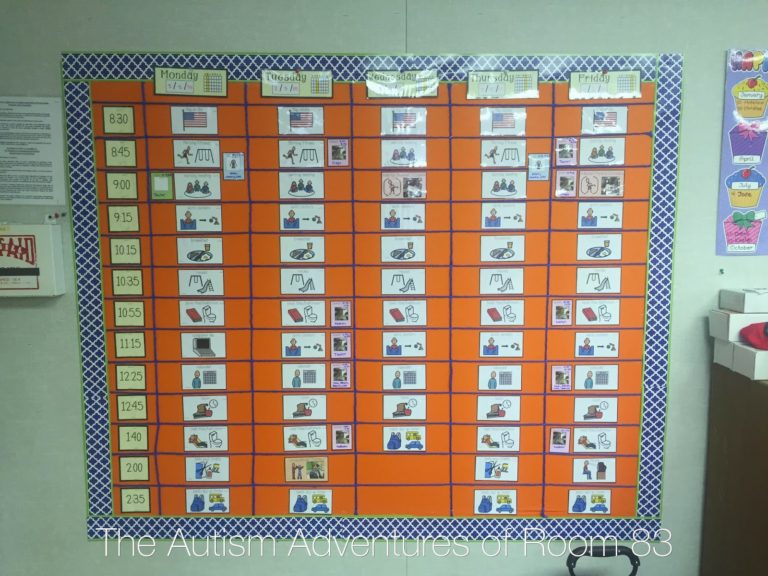Communication Expectations for Staff
As special education teachers, we are constantly interacting with staff members throughout the day. This includes the principal, related service providers, special educators, teachers, and often times teacher assistants. Many times, these members of the IEP team, are left to interact with parents as well. Today’s blog post I am going to talk about communication expectations for classroom staff from a teachers perspective.
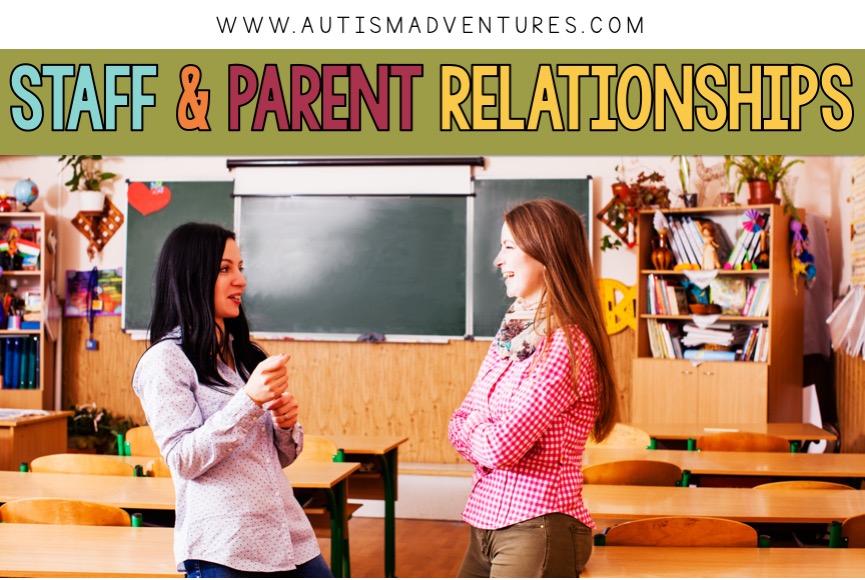
Teaching Assistants
Teacher assistants, or paraprofessionals, play a vital role in the classroom learning environment. These professionals help to keep the classroom flowing smoothly when there are many children with different needs in the room. They are there to tackle behavior, help provide students with assistance with work, reinforce lessons taught by the teacher, and much more. For support with these things, check out my resources.
Teaching Assistants and Service Providers
Teaching assistants often times accompany our students to different services such as speech, OT, PT, APE and mainstreaming and inclusion opportunities. Service providers and teaching assistants are going to have to communicate important information with one another to help the student get the best out of their services. The classroom teacher may also ask the teaching assistants about how their students did during their services. THIS IS OKAY. However, informal exchanges of communication should only be occurring between the teaching assistant and the service providers. It is important for teachers and service providers to also be in constant communication as well. Setting communication expectations for staff from the beginning will help with this.
Examples of what a teaching assistant should be responsible for communicating with a service provider:
- Student is extra tired today according to parent.
- They had a large meltdown transitioning to the service.
- Student has had an awesome day and is attending to task longer than usual.
Examples of what a teaching assistant should NOT be responsible for discussing with a service provider:
- Student doesn’t know how to do that.
- That is too hard for the student.
- The student does not need to work on that today because…
- We are going to leave the service early because…
- Let me show you how to teach the student how too…
We know that parents and teachers communicate frequently. If a parent has questions or concerns related to editing goals, changing service times, adding or removing a specific discipline, then these types of conversations should be reviewed at an official IEP meeting. It is important to discuss during a formal IEP meeting so that all members of the team are involved and official document changes can be made. General questions regarding progress can be discussed with teacher or service provider in an informal manner.
Teaching Assistants and Parents
Teaching assistants often times are responsible for assisting with student drop off and pick up. This can include bus routes, curb pick up or students going home early. Parents and teaching assistants are going to talk, and this is okay. It is important to create strict expectations from the beginning. We don’t want parents to get the cold shoulder or feel out of the loop. We also don’t want classroom assistants giving incorrect information to parents either. Setting communication expectations for staff from the beginning will help wi
Examples of what a teaching assistant should be responsible for communicating with a parent:
- Student had a great/challenging day. Teacher wrote a detailed note for you/Teacher will be calling you.
- They have last months work in their backpack to share with families!
- Student ate all of their lunch and was happy.
- Homework is due tomorrow. Don’t forget!
- Student had fun participating in a school wide assembly today.
- Don’t forget to wear blue tomorrow for spirt day.
Examples of what a teaching assistant should NOT be responsible for discussing with a parent:
- Student had a tantrum today because they didn’t get what they want.
- They are ready for less speech services. They met their goals.
- Student mastered all of their IEP goals today.
- Can you tell us why the student acted like ….
- Student had to visit the principal today.
Communication Expectations for Classroom Assistants Conclusion
Classroom assistants provide such a wonderful helping hand to our busy classrooms. They make a difference in the lives of our students and greatly assist in their academic progress. It is important to set clear expectations for classroom assistant communication expectations so the student is getting all of the extra help they may need and parents remain informed!
Like what you read? Don’t forget it, PIN IT!
